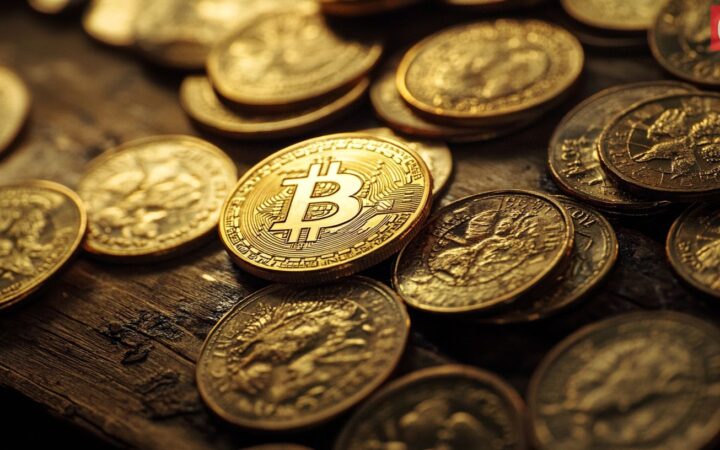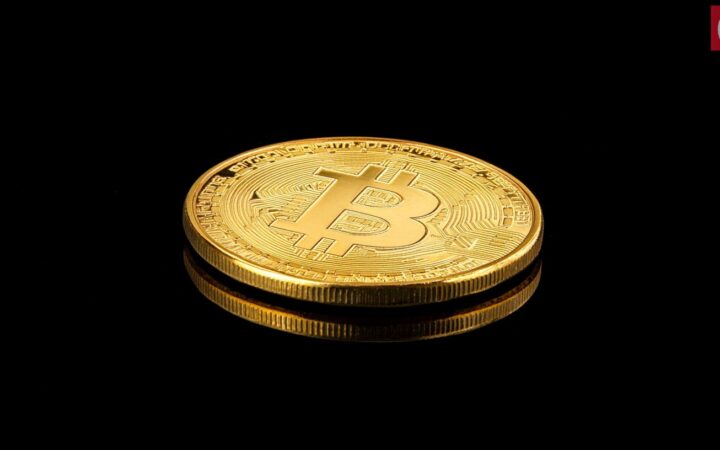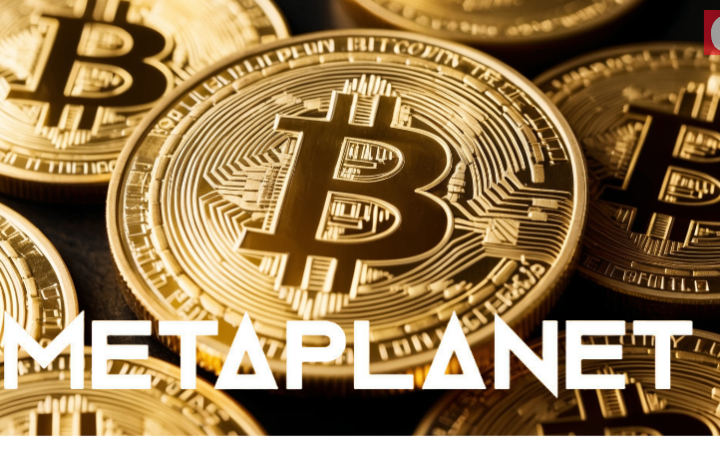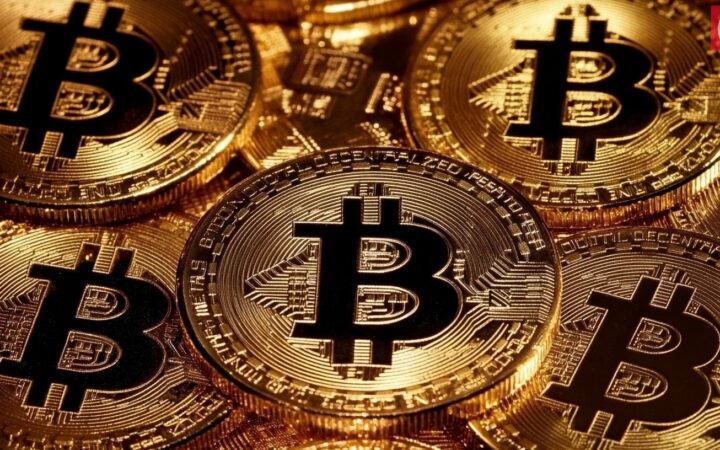
Rose is a crypto content writer with a strong background in finance and tech. She simplifies complex blockchain and cryptocurrency topics, offering insightful articles and market analysis to help readers navigate the evolving crypto landscape.
Swiss National Bank chief Martin Schlegel rejects Bitcoin as a reserve asset, citing stability and liquidity concerns.
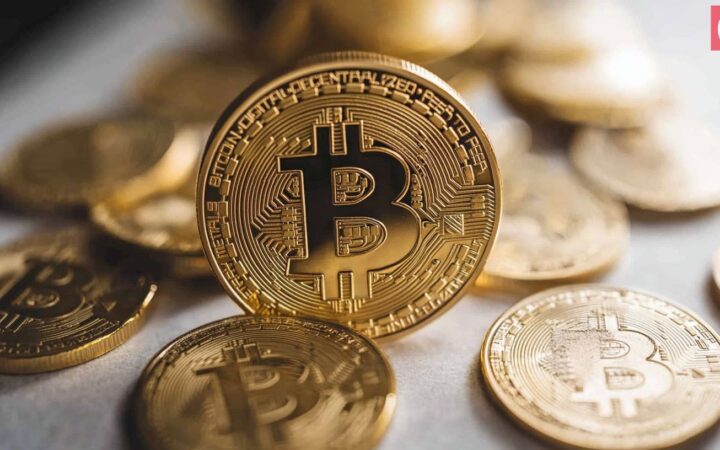
The Chairman of the Swiss National Bank (SNB), Martin Schlegel, stated that the central bank has no intention of adding Bitcoin to its reserves due to the stability risks associated with the cryptocurrency.
This comes after the local crypto industry intensified its calls for Bitcoin to be used as a hedge against the impact of U.S. trade policies on Switzerland under President Donald Trump.
On April 25, the SNB’s head told Reuters that he disagreed with the stance of crypto enthusiasts, stating that digital assets do not meet the standards for currency reserves.
During the SNB’s stakeholder meeting in Bern, Schlegel stated that cryptocurrencies do not meet the necessary standards and emphasized the importance of maintaining constant market liquidity for buying and selling foreign currencies.
In an effort to bring about change, crypto advocates in Switzerland have launched a referendum campaign to amend the constitution, which would require the Swiss National Bank to hold Bitcoin and gold in its reserves if approved.
One of the campaigners for this change is a founder of the Bitcoin Initiative, Luzius Meisser. Meisser believes that once SNB holds Bitcoin, it would hedge against the current weakening of the dollar and euro. The campaigner also disclosed that “holding Bitcoin makes more sense as the world shifts towards a multipolar order.”
My statement at the general assembly of Swiss National Bank. Video follows when available. pic.twitter.com/L0K2nkabZk
— Luzius Meisser (@Luzius) April 25, 2025
As a proponent, Meisser added that the change would reduce the political influence associated with the country’s foreign exchange reserves. He further stated that the supply of BTC cannot be inflated by politicians, unlike traditional currencies such as the USD and euro.
The referendum proposal was created at the end of December 2024 by the Swiss Federal Chancellery. For the proposal to trigger a referendum, it has to gather 100,000 signatures.
As global attitudes toward cryptocurrency shift, several countries are following in the footsteps of Donald Trump.
South Korean presidential candidate Hong Joon-pyo, for example, has pledged to boost blockchain development and crypto deregulation, mirroring policies seen in the U.S. under President Trump.
His plans include a $35B+ investment in emerging technologies, with blockchain at the forefront, which contrasts sharply with South Korea’s current stance on crypto regulation.
Disclaimer: Coinspeaker is committed to providing unbiased and transparent reporting. This article aims to deliver accurate and timely information but should not be taken as financial or investment advice. Since market conditions can change rapidly, we encourage you to verify information on your own and consult with a professional before making any decisions based on this content.

Rose is a crypto content writer with a strong background in finance and tech. She simplifies complex blockchain and cryptocurrency topics, offering insightful articles and market analysis to help readers navigate the evolving crypto landscape.
